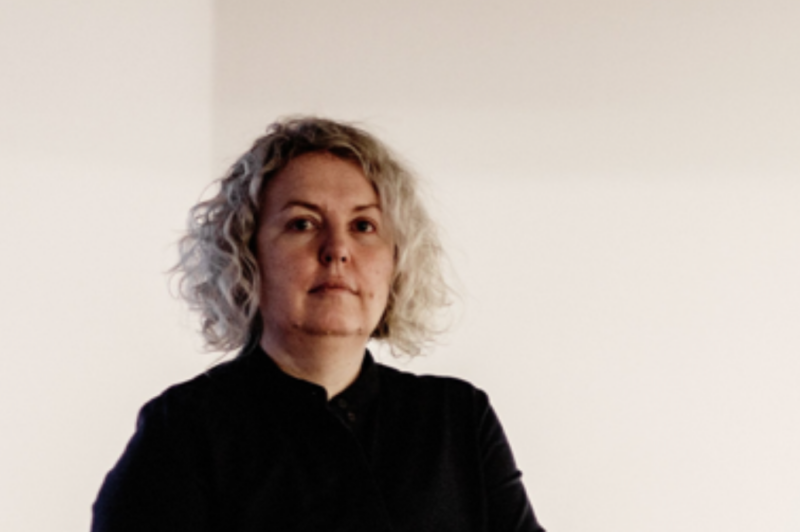Provostial candidate Prof Linda Doyle was the first candidate to participate in a series of Q&A sessions on Instagram run by The University Times, fielding questions on subjects ranging from College Board structure to climate action. Speaking to the paper’s deputy editor Emer Moreau, Doyle highlighted several of her manifesto points in her answers, particularly that of creating a “re-energised democracy”, but refused to commit to budget cuts in any area. Here are the top five takeaways from the interview.
A New EOG
When asked if she would abolish the executive officers group – the de facto cabinet of Trinity – Doyle said that she would “completely like to change it”. She said “you do need the College officers to come together”, and added that there had to be a much more “team-like approach” to College officers.
She also said that she wanted to “relook” at some of the positions, noting that some officer portfolios are “really, really heavy”. She also said that she wanted the group to be a place where people can “think out loud” and have “involved discussions.
On Board reform, she backed the removal of the provost as chair of the grouping, and also suggested a more “forward thinking” approach to the Head of Schools forum, where heads of schools can bring up and discuss issues rather than using the forum as a means to inform schools of changes that have been made after the fact.
No Budget Cuts
On the issue of financing, Doyle’s manifesto incorporates hits taken from the pandemic and the costs of her ideas, such as more streamlined promotions and reducing the staff-student ratio.
However, when pressed on which areas could receive budget cuts as the College recovers from the financial losses of the pandemic, Doyle did not commit to any budget cuts at all. Instead, she described allocating the money available in the budget in a prioritised manner, and that “some things will move more slowly” as a result of that.
In terms of her overall financial plan, Doyle doubled down on increasing state investment and pointed out her own successful fundraising record of raising €70 million for research while Director of the CONNECT centre.
Reconciling Internationalisation with a Climate-First Approach
Doyle was also asked how she would reconcile increased internationalisation with a plan to get closer to carbon neutrality. Doyle has previously emphasised that it is important that Trinity remain an international university.
She said that flying long distances but then staying at the destination for long stretches of time is shown to be a good travel pattern in terms of its effect on climate. Doyle then proposed replacing as many frequent, shorter distance flights with virtual meetings as possible.
She also brought up creating a “camino Erasmus,” where students travel mainly by boat or train and the slow journey to their destination is also a part of the learning experience. She also mooted the idea of setting up a carbon neutrality research fund that people would donate to when they fly as part of offsetting the effects of their flight, but has not yet addressed what this would mean for College’s actual carbon reductions.
Graduate Education Reform
Doyle spoke in the Q&A about graduate education reform, a topic that has not been seen in most of the hustings thus far but will likely see the spotlight tomorrow evening at the Graduate Students’ Union (GSU) hustings.
Doyle was clear that reform is needed, and stated that graduate education “does not have to mirror” undergraduate education in the way it is designed.
When suggesting how to go about reform, Doyle said she favours a bottom-up approach, driven by students and expertise on the ground. She proposed this approach as a contrast to TEP, which she criticised as being too “top down.”
Review of Current Provost’s Projects
When asked about reviewing the projects currently in progress under the current provost, Doyle said she thought a review was necessary but that she is in favour of many ongoing projects.
Doyle specifically cited the Old Library redevelopment project, the Trinity St. James’s Cancer Institute and Trinity East as projects she would continue to support – the latter of which she has frequently heralded throughout the campaign.
She said she proposes Trinity East as a very climate-forward project and envisions it as a second city-centre campus in contrast to current plans, and said any projects being reviewed should be done with a central focus on climate action.







